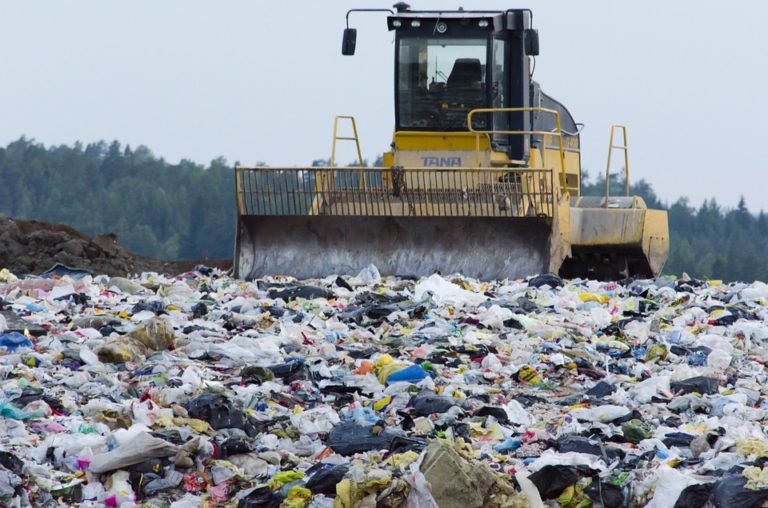The improper handling of waste has negative consequences. On the one hand, it can affect health in the form of diseases; on the other hand, it can also have adverse effects on the environment: on the aesthetics of cities, natural landscapes, and their species, and on the pollution of water, soil, and air. All this affects our quality of life.
Wastes and Their Classification
A waste is a substance or object that the producer disposes of or has the intention or obligation to dispose of according to the regulations in force.
Waste Classification can be done based on its origin, nature, provenance, or risk, among other things. For instance, we can find mining, construction, industrial, forestry, hospital waste, or municipal solid waste according to the origin. In terms of risk, wastes or mixtures of wastes that pose health risks and/or have harmful effects on the environment are classified as hazardous wastes. These also have characteristics of corrosiveness, reactivity, toxicity, and flammability.
The proper disposal of waste is essential to prevent its negative impact on the environment. Especially when it comes to hazardous waste. What are the possible consequences of mismanagement of waste?
Environmental Impacts Due To Mismanagement in Waste Disposal
1) Air pollution
The accumulation of large amounts of waste in a sector can lead to slow decomposition and little or no oxygen present. Foul odors and emission of polluting gases also occur.
2) Water Pollution
When there is no impermeable layer protecting and insulating the soil, the liquids generated by the tailings’ decomposition and compression are leached or filtered through the soil. These can reach the water table and contaminate water, carrying away waste carried by rivers and ending up in lakes and oceans.
3) Soil Degradation
The accumulation of residues from different sources leads to a change in the soil’s physical and chemical properties. This change reduces fertility, aeration capacity, water retention, and porosity. Unauthorized accumulation of waste in unauthorized areas can also increase the risk of fires.
4) Alteration of Ecosystems
The uncontrolled accumulation of waste exceeds the ecosystem’s carrying and regeneration capacity. Habitats and their constituent species are degraded. An example of this is the residues dispersed by entrained ocean currents, much of which accumulate on the seabed, affecting life and trophic chains.
5) Higher Energy Costs
If waste is not properly recycled or reused and simply thrown away, it takes more energy to produce the raw materials again. And we waste natural resources that could be reused.
6) The Disappearance of Natural Resources
Not recycling and reusing has the effect of increasing the production of the products we consume every day. There will come a time when these will be scarce, and there will not be enough to meet the entire world population’s needs. It will also mean the disappearance of some ecosystems and natural habitats.
7) Climate Change
The inadequate management of waste causes pollution which in turns results into climate change. This leads to forced displacement due to natural problems, such as floods or droughts, forcing millions of people to leave their homes.
8) Increased Cost of Environmental Degradation
Another problem is the economic cost of environmental degradation. Those who are not committed to sustainable development, which includes proper waste management, must consider the ecological consequences and the adverse effects of many economic activities, such as tourism or agriculture.
If you’re looking for waste management services in Sydney, EMPIRE BINS offers practical waste management solutions at low rates. Their services include hook bins supply, rubbish removal, waste disposal, waste recycling facilities, and more. Contact them for more information!

